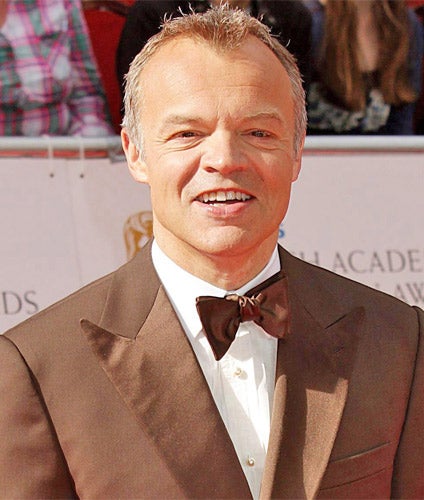BBC pays 52 of its stars over £250,000 each
Report also shows sharp fall in amount of drama broadcast, down by 630 hours on previous year

Despite the furore surrounding the pay levels of its biggest stars, the BBC has increased the amount of "talent" it employs on salaries of more than £250,000 a year.
Click HERE to view graphic (48k jpg)
The BBC has parted company with well-paid presenters including Jonathan Ross, Adrian Chiles and Christine Bleakley but details included in the Corporations's annual report yesterday showed that the number of stars being paid upwards of £250,000 had risen from 47 to 52. The number of employees paid more than £100,000 rose from 270 to 274 last year.
The figures will not help the BBC to convince critics that it is not paying excessive salaries at a time when production budgets are under pressure from reduced licence fee income. The BBC argued yesterday that it had reduced the overall amount it spends on talent by £9m, from £222m to £213m. The biggest saving was in presenters, actors and other talent in the £50,000-£99,000 pay band, where nearly 60 positions were dropped.
Mark Thompson, the BBC director general, said yesterday: "Talent costs are coming down across the organisation, that's very clear."
The annual report also showed that there had been a sharp fall in the amount of drama broadcast on the BBC, down by 630 hours on the previous year. The amount of original drama produced by the BBC, which starts a major BBC1 production The Hour next week, fell by eight hours last year. Mr Thompson said that events such as the general election and the World Cup had impacted on original drama production but the reduction was largely the result of a decrease in acquiring foreign productions and screening repeats.
An increase in complaints to the BBC last year was also revealed, with a rise of 20,000 as the BBC was found culpable of a series of breaches of editorial standards. The worst of those breaches concerned the BBC's misleading reporting that millions of pounds raised by the Band Aid charity had been used to buy arms, a flawed documentary by Panorama on the retail brand Primark, and the decision to assign a day's programming on Radio 1 to Harry Potter, giving "undue prominence" to a commercial brand.
Mr Thompson said the BBC had shown it had a system of accountability "which holds our journalists ruthlessly to account".
The BBC said the rise in complaints was largely driven by a few incidents, including the disparaging comments made about Mexico by the Top Gear team, the broadcasting of a Graham Norton trailer over the credits of an episode of Doctor Who, and the baby swap storyline in EastEnders.
Join our commenting forum
Join thought-provoking conversations, follow other Independent readers and see their replies
Comments